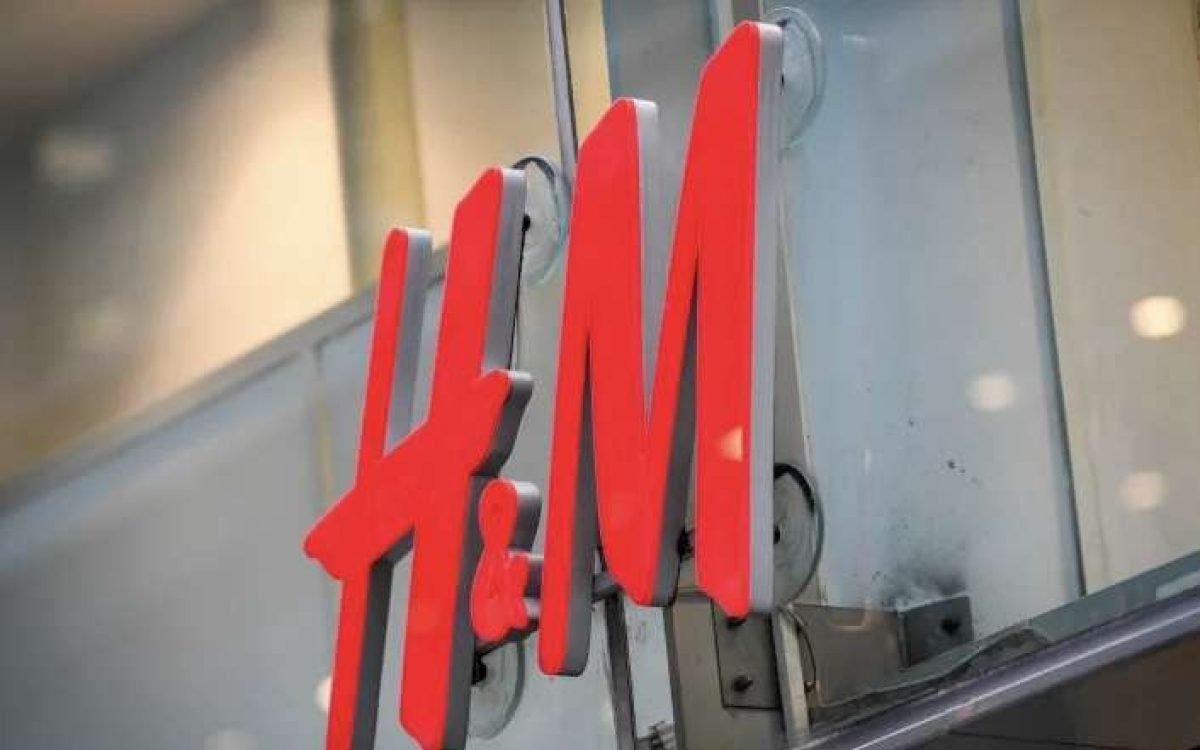Navigating Ad Ethics: H&M Reacts to Backlash Over School Clothing Campaign
In a recent turn of events, H&M, the well-known Swedish fashion giant, found itself in hot water as it decided to pull an advertisement for school clothing following complaints of sexualizing underage girls. The contentious campaign, launched in Australia, featured two young girls in school uniforms accompanied by the caption, “Make those heads turn in H&M’s Back to School fashion.”
Addressing the concerns, an H&M spokesperson acknowledged the issue on Monday, stating, “We have removed this ad. We are deeply sorry for the offence this has caused, and we are looking into how we present campaigns going forward.” This move by H&M underscores the critical need for brands to tread carefully in their advertising, especially when it involves portraying minors. It also emphasizes the growing demand for companies to adopt ethical and responsible approaches in their marketing strategies, prioritizing the well-being and perceptions of their audience.
This incident serves as a pivotal moment for the industry, urging a reevaluation of advertising practices to ensure that messages are not only fashionable but also respectful and considerate of societal sensitivities. As companies navigate these challenges, the spotlight is on H&M and others to shape a future where fashion meets ethical responsibility.
H&M’s recent decision to pull an advertisement for school clothing was prompted by accusations from social media users, who claimed the clothing brand was sexualizing young girls. The campaign, launched in Australia, faced criticism for featuring two young girls in school uniforms with the caption, “Make those heads turn in H&M’s Back to School fashion.” Melinda Tankard Reist, an Australian writer known for her advocacy against pornography, expressed concerns on social media, stating that parents generally prefer their daughters not to attract attention based on their looks.
Tankard Reist emphasized the potential negative impact on pre-pubescent girls, already navigating a culture that places value on appearance. Her post on X (formerly Twitter) urged H&M to reconsider its marketing approach and create campaigns that don’t encourage young girls to draw attention to their looks and bodies. This incident highlights the ongoing conversation about the responsibility of brands in shaping perceptions, especially when it comes to portraying children in advertising. It underscores the importance of considering the broader societal implications of marketing strategies, particularly those impacting vulnerable age groups.









